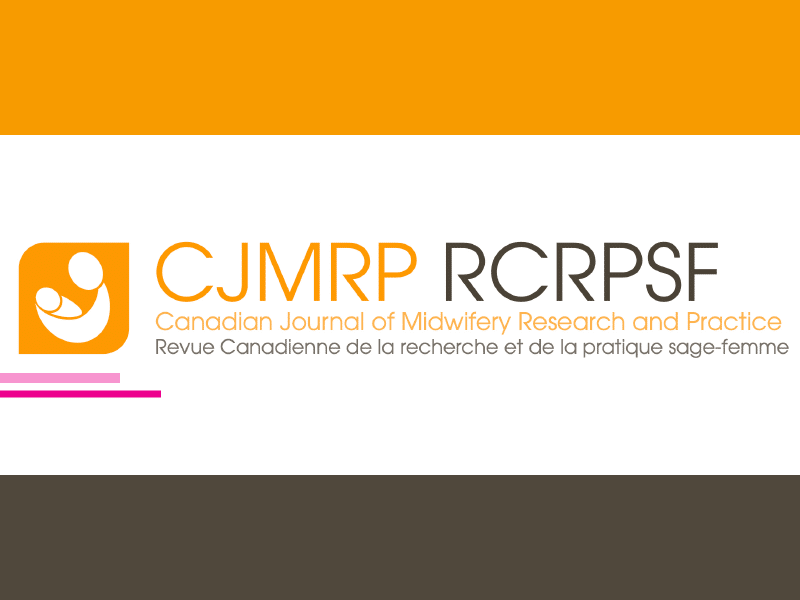Midwifery Care for the Amazigh of Morocco: A Scoping Review of Barriers to Care
Despite improvements in health care services, Morocco continues to experience poor perinatal outcomes in rural and remote regions. In response, a series of initiatives were proposed including strategies to strengthen the profession of midwifery which was identified as a key component. In 2008 a Moroccan framework for midwifery education, regulation, and funding was established. Midwifery care, while highly utilized in urban hospitals, is not accessed as frequently in rural regions. A scoping review examined the social barriers to midwifery uptake using the Arksey and O’Malley’s 2005 framework.
“Burnout is Real”: A SWOT Analysis of Albertan Midwives’ Perspectives on Providing Midwifery Care
Midwifery has been publicly funded since 2009 in Alberta, Canada. However, significant barriers to accessing midwife-led care, interprofessional challenges, lack of funding, and the demanding role required of midwives raise issues regarding sustainability. The findings presented in this paper are based on in-depth interviews with 16 midwives in Alberta, Canada. This paper discusses the findings based on a Strengths, Weaknesses, Opportunities, and Threats (SWOT) analysis framework.
Nova Scotia Midwives’ Perceived Barriers and Facilitators to Baby-Friendly Initiative Implementation
Breastfeeding has numerous benefits for both breastfeeding parents and children, yet breastfeeding rates in Nova Scotia are among the lowest in Canada. The Baby-Friendly Initiative (BFI) is a breastfeeding promotion program designed to support breastfeeding initiation, exclusivity, and duration. While the BFI can improve breastfeeding outcomes, it is not implemented across Nova Scotia.


